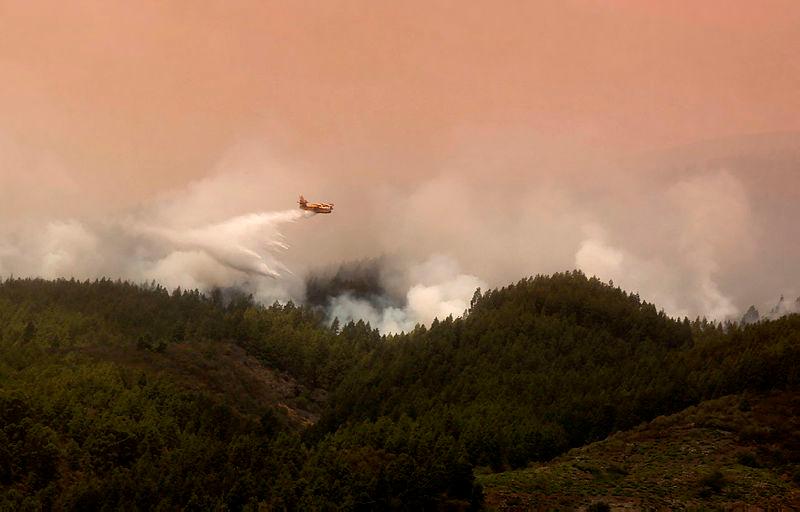DUBAI: Droughts have become an “unprecedented emergency” on a global scale and the massive impacts of human-induced droughts are “only starting to unfold”, found a two-year study newly released at the UN climate change conference ongoing in UAE’s Dubai.
According to the “Global Drought Snapshot” report published by the UN Convention to Combat Desertification (UNCCD) at the outset of COP28 climate talks, the severe drought worldwide has claimed more lives, caused heavier economic loss, and affected more social sectors than any other disaster.
Based on data reported by 101 country parties to the UNCCD, 1.84 billion people are drought-stricken, out of which 4.7 per cent are exposed to severe or extreme drought, and 85 per cent of people affected by droughts live in low- or middle-income countries, the report shows.
The impacts are truly global. According to the report, 23 million people in the Horn of Africa were deemed food insecure due to drought by December 2022, 5-per cent area of the United States was suffering from severe to extreme droughts, and the drought-affected area in Europe reached 630,000 square kilometres in 2022, almost four times the average drought area recorded between 2000 and 2022.
Regarding its impact on agriculture and forests, 70 per cent of cereal crops in the Mediterranean region were lost to droughts in 2016-2018, and South Africa has so far lost at least 33 per cent of its grazing land due to droughts, while, between 2000 and 2022, 73,000 square kilometres of farmland in the European Union countries were affected by droughts.
“We hope this publication serves as a wake-up call,“ UNCCD quoted its Executive Secretary Ibrahim Thiaw as saying on Thursday.
Droughts, which often occur unnoticed, could fail to attract immediate public attention and trigger timely responses, thus leaving affected populations to bear the burden alone, he said in the statement.
He stressed the need for transformational change, warning that with droughts increasing in frequency and severity, reservoir levels and crop yields are declining and famine is spreading.–Bernama-Xinhua









